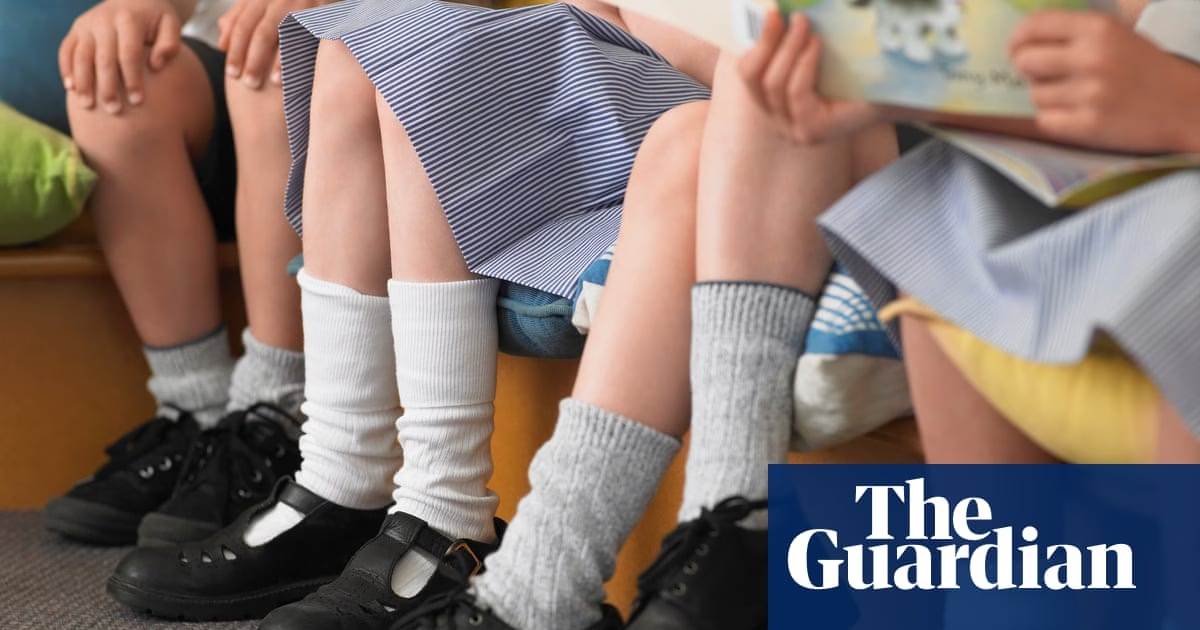Many parents in public schools are paying thousands of dollars annually in fees and voluntary contributions, closely resembling the compulsory fees paid for some private schools, and a growing concern is that the principle of a free, government-funded education is being eroded.
At the 50 schools with the highest parental fees, parents paid an average exceeding $1,800 per student, according to an analysis of the latest data from ACARA, provided to Guardian Australia by the Greens.
Government schools in Australia do not charge tuition fees, but many request parents to pay voluntary contributions or donate to cover the curriculum or extracurricular activities.
Approximately 7% of these top fee-paying schools were selective, despite selective schools making up only around 1% of all government schools in the country.
Canning College in Western Australia led the list with parental contributions at approximately $20,000 per year, largely due to international student tuition fees.
The Conservatorium High School, a specialist music school in Sydney, followed with an average of $5,928 per student in 2023, with fees mainly for instrumental tuition.
More than 65% of its students are among the top quartile of socio-educational advantage nationwide.
The Queensland Academy for Health Sciences and the Queensland Academy for Science Mathematics, both selective, ranked third and fourth respectively, with parents contributing an average exceeding $3,700.
The top 10 also included Paradise Primary School in South Australia, Melbourne High School, and several others known for academic selectivity.
Nineteen of these schools are in Victoria and 13 in South Australia, with NSW having the highest proportion of selective schools.
This privatisation trend in public education raises equity concerns, especially for selective schools that tend to serve more affluent families.
The overall amount parents paid nationwide increased from $409 in 2022 to $465 in 2023, or a total of $1.2 billion, with a 20.5% increase from 2021 to 2022.
Finnish education expert Pasi Sahlberg highlighted that Australian schools’ financial needs are often presented to parents in a way suggesting that not paying these contributions may result in a lesser education experience.
In contrast, Finnish public schools are prohibited by law from requesting any funding from parents, including for school activities.
Sahlberg argued that public schools should be fully funded by the government to ensure equitable education for every child, regardless of parental contributions.







